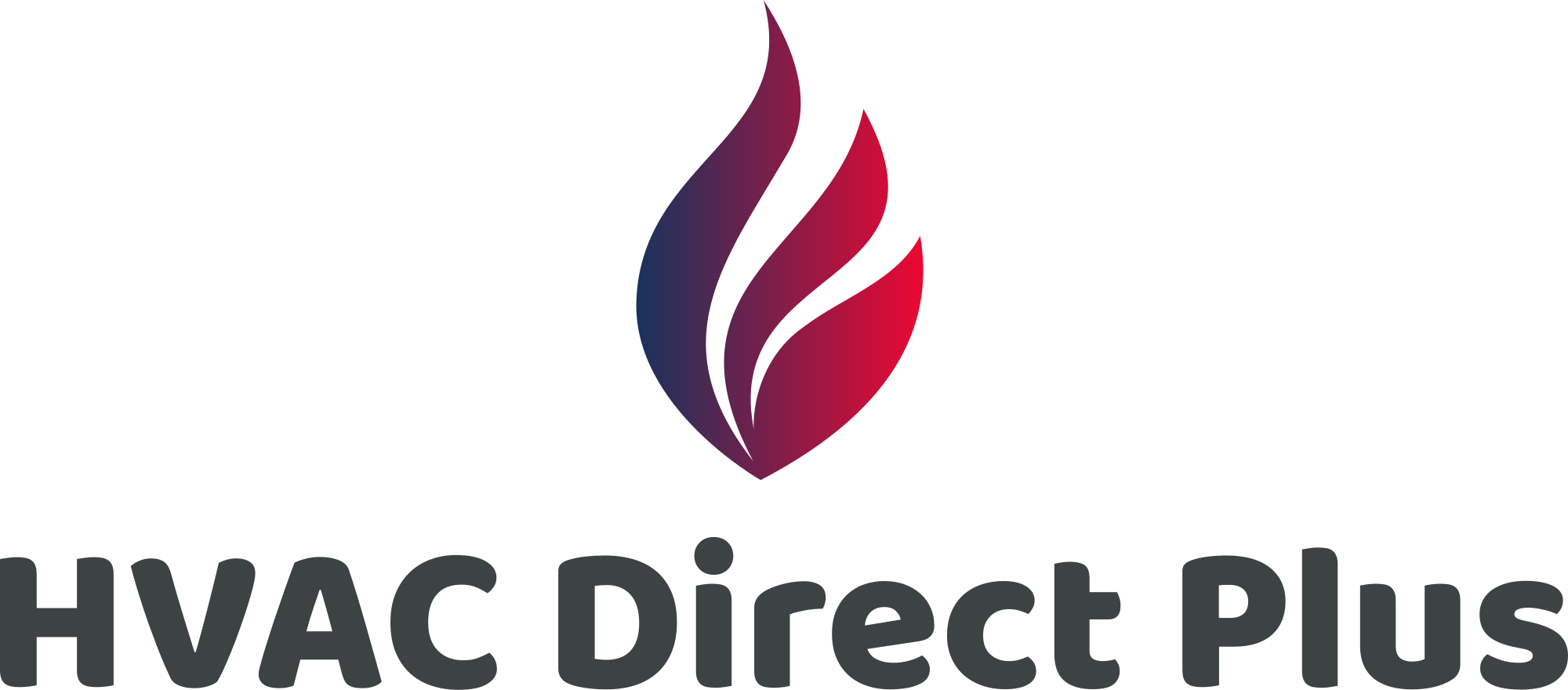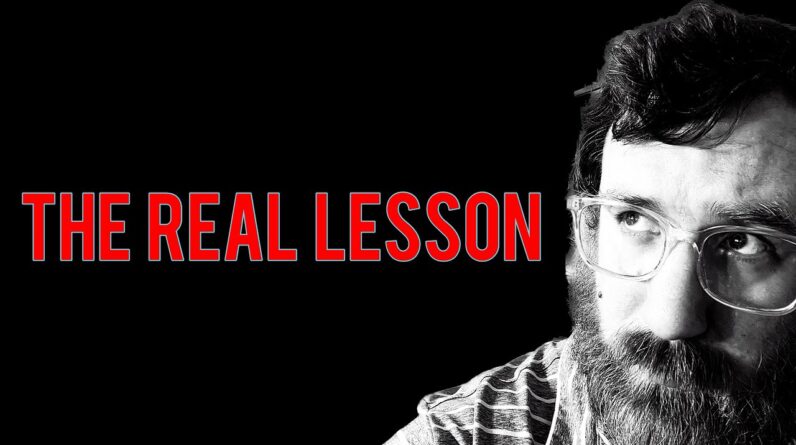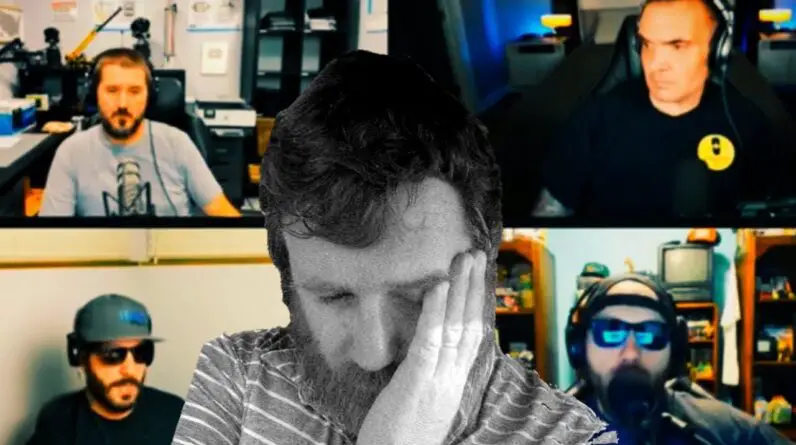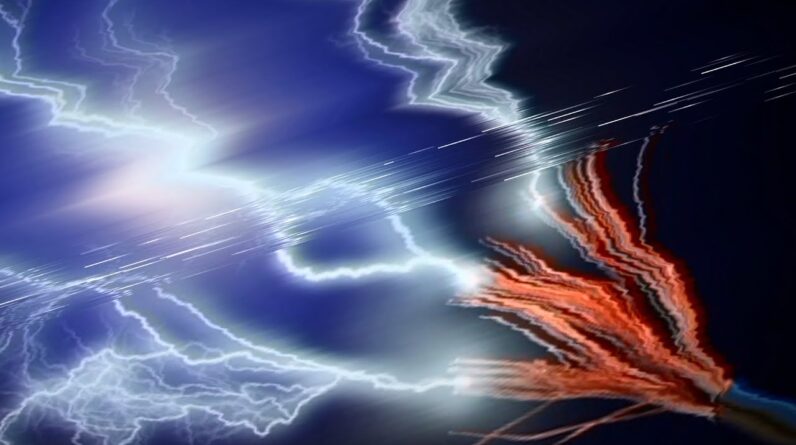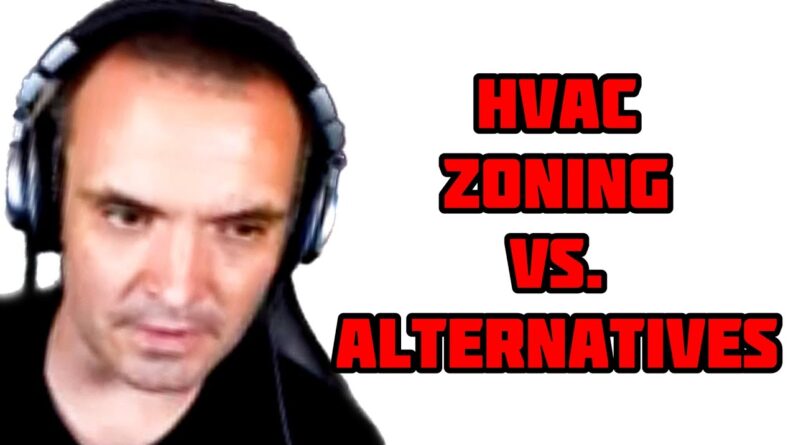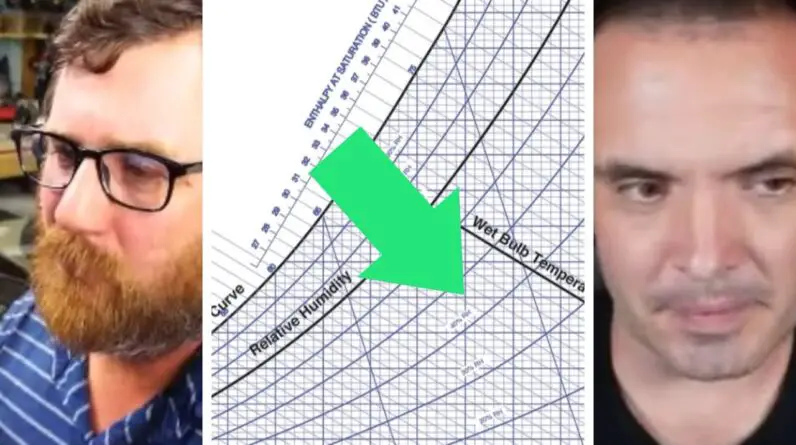Are you planning to buy an HVAC system soon? If so, you’ll want to make sure you know what types of systems to avoid. In this blog post, we’ll discuss common HVAC system problems that you should steer clear of when making your purchase decision. By being aware of these issues, you can save money and avoid potential headaches down the road. Read on to learn more!
Introduction
Heating, ventilation, and air conditioning (HVAC) systems have become an essential part of every home. HVAC helps maintain indoor air quality, temperature, and humidity, thereby providing a comfortable living space. However, like any other mechanical system, HVAC systems can have problems that might frustrate their users. This article will discuss some common HVAC system problems you should avoid and the types of systems to avoid purchasing.
Types of HVAC Systems to Avoid Buying
When it comes to buying an HVAC system, one must be extra cautious. The HVAC market is saturated with products of varying quality, so conducting research is necessary to avoid purchasing a problematic system. Here are some types of HVAC systems to avoid:
Outdated Systems
Outdated HVAC systems tend to be less efficient and less reliable than their modern counterparts. They might not provide adequate cooling or heating and consume more energy than necessary, resulting in high utility bills. Investing in a modern system might be expensive initially, but it is worth it in the long run.
Cheaper Systems
While it is tempting to buy a cheaper HVAC system, it may cost more money in the long run. Cheaper HVAC systems are often made with low-quality materials, resulting in frequent breakdowns and requiring more maintenance. Such systems do not last long, and their maintenance costs add up over time.
Oversized Systems
An oversized HVAC system can cause more harm than good. An oversized system will turn on and off frequently, leading to increased wear and tear. They are also less efficient and consume more energy than necessary, causing high utility bills. An HVAC contractor will help determine which system is efficient for your home.
Common HVAC System Problems You Should Avoid
The following are common HVAC system issues that you should avoid:
Poor Indoor Air Quality
Poor indoor air quality is one of the most common problems with HVAC systems. Indoor air quality can be affected by dust, debris, and pet dander, which can clog the air filters. Dirty air filters can reduce the system’s efficiency and affect the air quality of the living space.
Leaks in the Refrigeration System
Leaks in the refrigeration system impact an HVAC system’s cooling ability. HVAC technicians use nitrogen to pinpoint leaks from the system. The technician will search for leaks on all components of the system, including the refrigerant lines, coil, and compressor.
Problems with the Thermostat
A malfunctioning thermostat can cause the HVAC system to underperform. The thermostat might have calibration problems, a poor R-wire connection, or be dirty. If the problem is not resolved quickly, it can cause high energy consumption and inaccurate temperature readings.
Clogged Condensate Drain Line
A clogged condensate drain line is a common issue with HVAC systems. It can cause water damage and fungal growth in the system. HVAC technicians can flush out the drain lines to prevent any build-up from forming over time.
Dirty Ductwork
Dirty or poorly designed ductwork can result in inadequate cooling or heating of the home. It also affects indoor air quality since the dust and debris in the ducts circulate the home and infiltrate the living space.
Conclusion
The key to avoiding these problems is to conduct proper research before purchasing an HVAC system. Avoid buying outdated and cheaper systems as their quality is questionable. Instead, invest in modern and efficient systems, according to the size and needs of your home. To keep your system running smoothly, regular maintenance and periodic checks by a professional technician are necessary.
FAQs
-
Is it necessary to replace an outdated HVAC system?
Replacing your outdated HVAC system offers many benefits, including energy efficiency, improved air quality, and cost savings. Investing in a new HVAC system is a wise investment and can improve your quality of life. -
What causes refrigerant leaks?
Refrigerant leaks are caused by the system’s age, corrosion, or damage to the components. Over time, the refrigerant lines can become weak, and leaks may begin to occur, resulting in poor cooling performance and high utility bills. -
How can we maintain our HVAC system to avoid frequent breakdowns?
Regular maintenance and inspections by a professional technician, cleaning or replacing filters, and ensuring proper refrigerant levels is necessary to maintain HVAC systems and prevent frequent breakdowns. -
Can a faulty thermostat affect energy consumption?
Defective thermostats can cause the HVAC system to underperform or overwork, resulting in increased energy consumption and higher utility bills. -
How often should ducts be cleaned?
Cleaning ducts depends on various factors such as the amount of dirt and debris present in the air ducts, the quality of indoor air, the amount of moisture in the air, and the homeowner’s health. It is recommended to have duct cleaning every three to five years.
